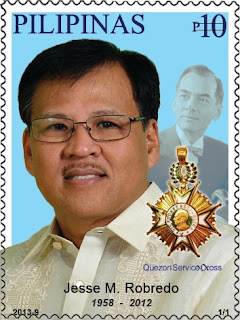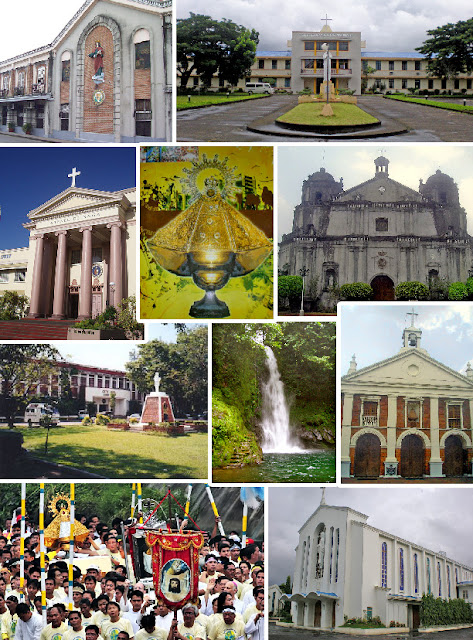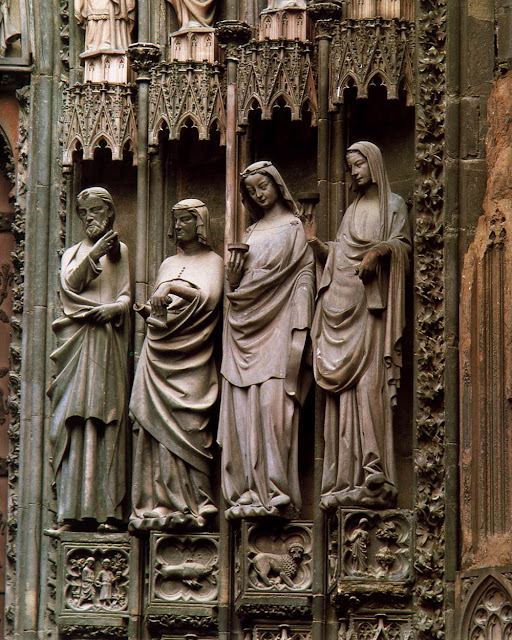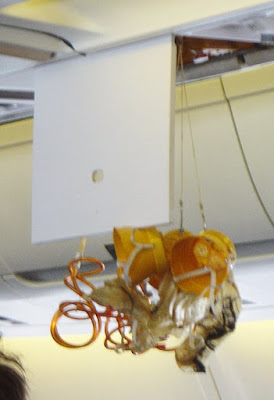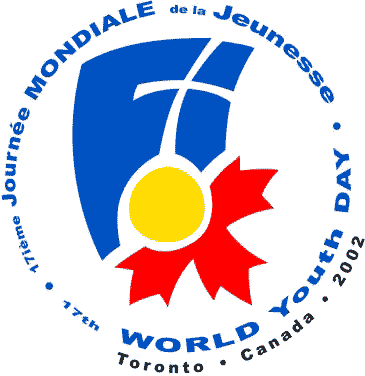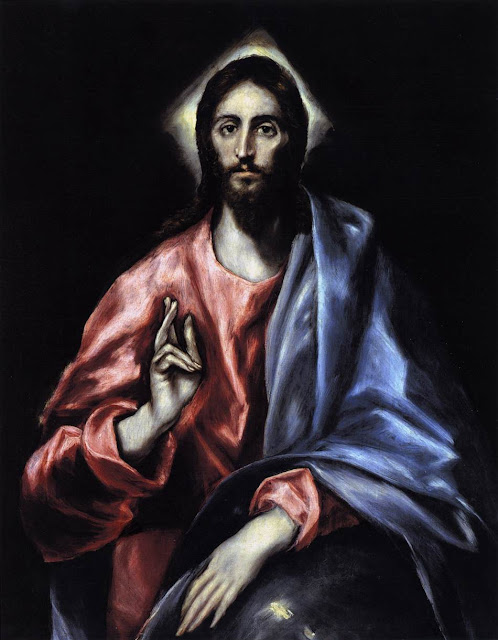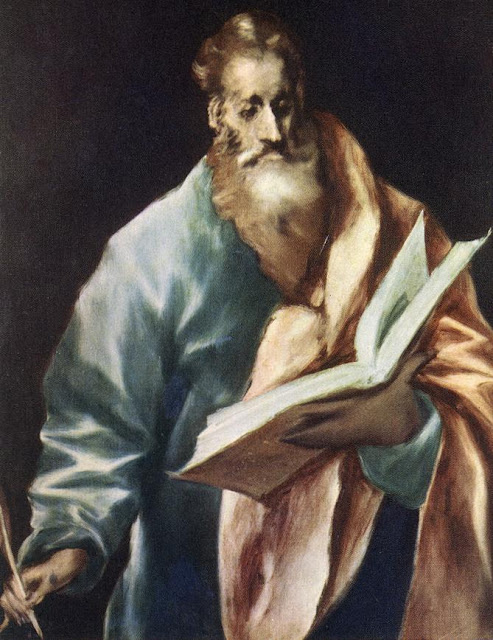‘Just as you did it to one . . . of my family, you did it to me.’ Sunday Reflections, Christ the King, Year A
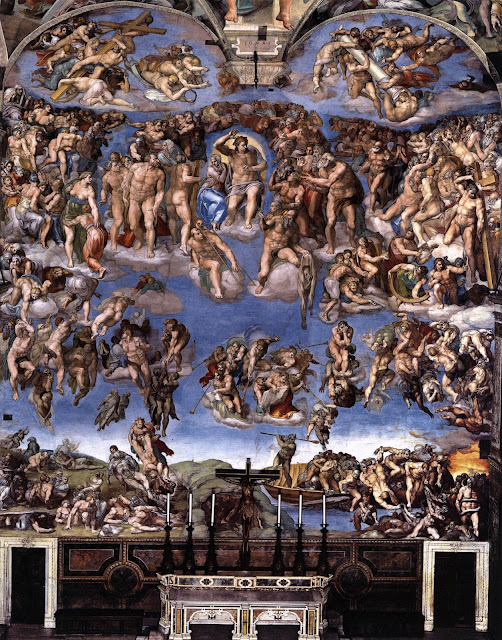
The Last Judgement, Michelangelo [Web Gallery of Art]
Readings (New American Bible: Philippines, USA)
Readings (Jerusalem Bible: Australia, England & Wales, India [optional], Ireland, New Zealand, Pakistan, Scotland, South Africa)
Gospel Matthew 25:31-46 (New Revised Standard Version, Anglicised CatholicEdition)
Jesus said to his disciples:
‘When the Son of Man comes in his glory, and all the angels with him, then he will sit on the throne of his glory. All the nations will be gathered before him, and he will separate people one from another as a shepherd separates the sheep from the goats, and he will put the sheep at his right hand and the goats at the left. Then the king will say to those at his right hand, “Come, you that are blessed by my Father, inherit the kingdom prepared for you from the foundation of the world; for I was hungry and you gave me food, I was thirsty and you gave me something to drink, I was a stranger and you welcomed me, I was naked and you gave me clothing, I was sick and you took care of me, I was in prison and you visited me.” Then the righteous will answer him, “Lord, when was it that we saw you hungry and gave you food, or thirsty and gave you something to drink? And when was it that we saw you a stranger and welcomed you, or naked and gave you clothing? And when was it that we saw you sick or in prison and visited you?” And the king will answer them, “Truly I tell you, just as you did it to one of the least of these who are members of my family, you did it to me.” Then he will say to those at his left hand, “You that are accursed, depart from me into the eternal fire prepared for the devil and his angels; for I was hungry and you gave me no food, I was thirsty and you gave me nothing to drink, I was a stranger and you did not welcome me, naked and you did not give me clothing, sick and in prison and you did not visit me.” Then they also will answer, “Lord, when was it that we saw you hungry or thirsty or a stranger or naked or sick or in prison, and did not take care of you?” Then he will answer them, “Truly I tell you, just as you did not do it to one of the least of these, you did not do it to me.” And these will go away into eternal punishment, but the righteous into eternal life.’

St Elizabeth of Hungary, Sándor Liezen-Mayer [Web Gallery of Art]
In November 1974 some members of the Praesidium of the Legion of Mary of which I was spiritual director came to me and told me of two starving children, a brother and sister, that they had come across on home visitation. The Legionaries were students in the college department of what was then Immaculate Conception College, Ozamiz City, where I was chaplain. At the time ICC was run by the Columban Sisters. It is now La Salle University, under the care of the De La Salle Brothers.
We arranged with the parents to take the two children to the local government hospital. When I saw Linda, as I will call her, I thought she was a malnourished eight year old. I was utterly shocked when I learned that she was twelve. Her brother, whom I’ll call Nonoy, was five. His ribs were sticking out and his stomach severely bloated. The eldest in the family, a girl aged 13 or 14, showed no signs of malnutrition. This was the first time I had ever met anyone with signs of starvation. I never discovered why the children were in such a state.
After a few days Linda began to shyly smile and slowly got a little better, due to the nourishment and attention she was getting. But Nonoy showed no signs of improvement. He died two days before Christmas, without once smiling. We buried him on Christmas Eve.
Linda was able to go home and on at least once occasion we took her on an outing. She was still very small for her age but always cheerful whenever we met her. However, the severe malnutrition had taken its toll and she died in September 1975 while I was at home in Ireland.
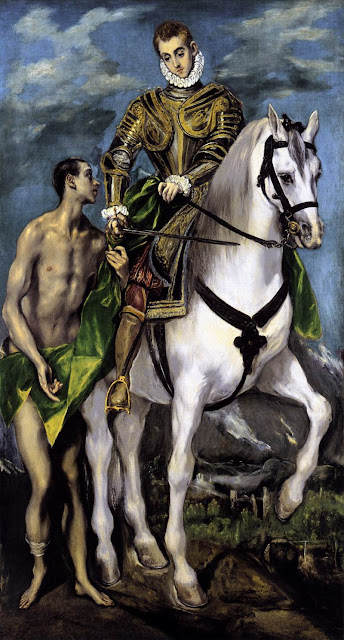
St Martin and the Beggar, El Greco [Web Gallery of Art]
Today’s Gospel makes me both fearful and hopeful.
Fearful, because Jesus speaks such harsh language: You that are accursed, depart from me into the eternal fire prepared for the devil and his angels. This is not ‘the Church of nice’.
Hopeful, because Linda and Nonoy will be there at the Last Judgment to speak in my behalf.

St Martin de Porres OP [Wikipedia]
This portrait was painted during his lifetime or very soon after his death, hence it is probably the most true to his appearance.
During November the Church honours three saints noted for their extraordinary love for the poor, St Martin de Porres (1579 – 1639) on the 3rd, St Martin of Tours (316 – 397) on the 11th and St Elizabeth of Hungary (1207 – 1231) on the 17th. These three gave of their very self. These exemplified in their lives what Jesus is teaching us in today’s gospel.
El Greco is one of many artists who have depicted the scene of St Martin of Tours, then a young soldier and preparing for baptism, giving half of his cloak in the depths of winter to a beggar clad only in rags. The following night, the story continues, Martin in his sleep saw Jesus Christ, surrounded by angels, and dressed in the half of the cloak he had given away. A voice bade him look at it well and say whether he knew it. He then heard Jesus say to the angels, ‘Martin, as yet only a catechumen, has covered me with his cloak.’ Sulpicius Severus, the saint’s friend and biographer, says that as a consequence of this vision Martin ‘flew to be baptized’.
Sándor Liezen-Mayer in his painting of St Elizabeth of Hungary above, shows her protecting a young mother and baby with her cloak. The saint herself was a young mother. She married at 14, bore three children and was widowed at 20. The painting reminds me of a beautiful Irish blessing, Faoi bhrat Mhuire thú/sibh (‘May thou/you be protected by the cloak of Mary’). The young saint, who was only 24 when she died, followed the example of St Francis, with the blessing of her husband, lived very simply and served the poor and the sick each day personally and ate with them at the same table.
Shrine of St Martin de Porres in Lima [Wikipedia]
St Martin de Porres, born outside of marriage and of mixed blood, learned some of the medical arts by working with a barber/surgeon in his young days. He devoted his life as a Dominican lay brother to caring for the sick, whether they were rich or poor. It was mostly the latter who came to him and whom he went looking for. Like St Francis he had a special closeness to animals and people brought these to him to be healed. He is often depicted carrying a broom, with a dog, a cat and a mouse at his feet eating from the same plate.
These three saints from different social backgrounds wrestled with situations we wrestle with today. They spent themselves in bringing about the Kingdom of God by serving the very poorest. St Martin of Tours, who like St Elizabeth was born in Hungary, asked himself as a soldier if it was proper to engage in battle, where he would kill others. Wikipedia tells us: Regardless of whether or not he remained in the army, academic opinion holds that just before a battle with the Gauls at Borbetomagus (now Worms, Germany), Martin determined that his faith prohibited him from fighting, saying, ‘I am a soldier of Christ. I cannot fight.’ He was charged with cowardice and jailed, but in response to the charge, he volunteered to go unarmed to the front of the troops. His superiors planned to take him up on the offer, but before they could, the invaders sued for peace, the battle never occurred, and Martin was released from military service.
Conscientious objection doesn’t only concern those called to join an army. A Swedish midwife, Ellinor Grimmark, was fired in 2014 for refusing to do abortions. This is an area where, more and more, individuals will have to make choices that may involve losing their jobs, or even worse. (This year a Swedish court ruled against Ellinor Grimmark).
The world is still overwhelmed with the needs of those trapped in poverty, victims of wars, of natural calamities. Pope Francis has spoken of the Church as being ‘a field hospital’. He has asked priests and others to know ‘the smell of the sheep’. St Elizabeth of Hungary and St Martin de Porres immersed themselves in that every day, seeing in each one they served Jesus Christ himself. And those they took care of, whether they were aware of it or not, were being served by Jesus himself through those saints and through the many others down the centuries who have been doing the same.
I am certain that Linda and Nonoy will hear Jesus say to them, Come, you that are blessed by my Father . . . I hope and pray that they and others like them who have crossed my path down the years will put in a good word for me so that I will hear Jesus say the same to me.
Christus Vincit! Christus Regnat! Christus Imperat!
Christ Conquers! Christ Rules! Christ Commands!
This very ancient Latin hymn, which is a litany, is also known as Laudes Regiae. In the video above it is sung in St Mary’s Cathedral, Tokyo.


